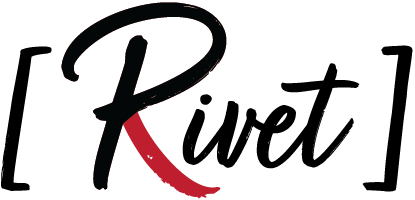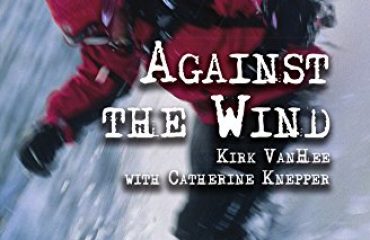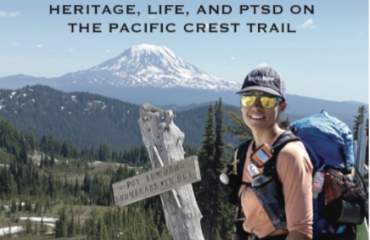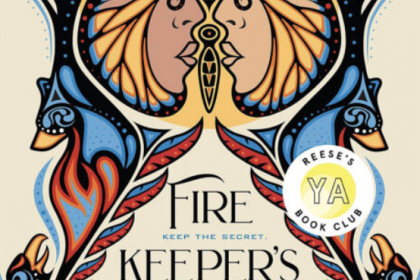
I have a lot to say about each of the books I read in February. I hope my book reviews inspire you to read. Stay tuned for one book that turned my head in a completely different direction. I argue that this book should be banned.
Firekeeper’s Daughter by Angeline Boulley
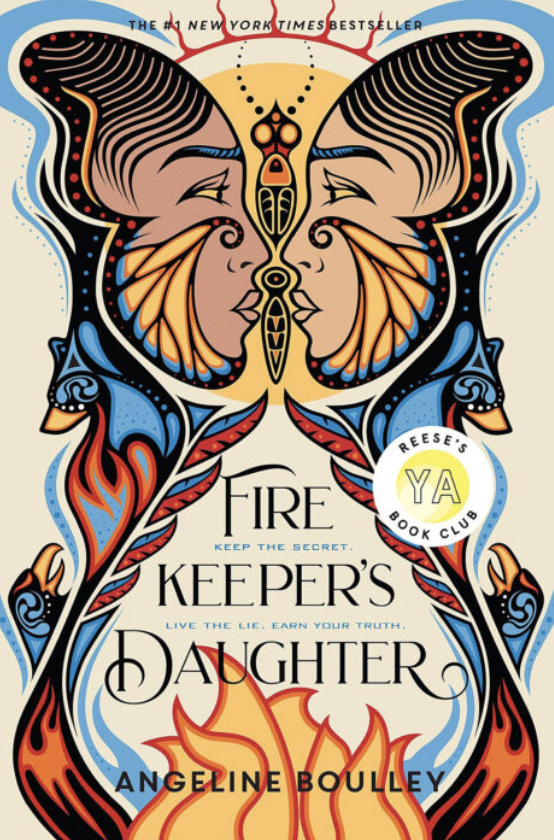
Thank you to my book club, who surprises me every time with a fantastic book I typically wouldn’t read. This YA mystery book offers thrills and will take you on an emotional roller coaster. Prepare yourself for the mystery to unveil, only after you get sucked into the life of a teenage girl and her struggles first.
Eighteen-year-old Daunis Fontaine lives the typical misplaced teenage feeling for a reason. She partly identifies with the Ojibwe nation but was not officially enrolled as a member by her father’s family at birth. She lives with her white mother in a nearby town. Drug-related deaths have rocked the Ojibwe community, and the high school students are not immune. Every guy wants to befriend or fall in love with the beautiful hockey-player girl Fontaine if it weren’t for her overprotective brother. So, when Jamie, a new and handsome student, walks into town and joins the hockey team, Daunis begins to fall in love. But a shocking murder shakes her into reality. She begins to question Jamie’s honesty and joins a criminal investigation to bring justice to the Ojibwe people.
I enjoyed reading this book because the premise and setting are realistic. This is clear from the author’s background. Boulley is an enrolled member of the Sault Ste. Marie Tribe of Chippewa Indians and writes about her Ojibwe community in Michigan’s Upper Peninsula, where the book is set. From a person who grew up in Oklahoma, I know there are few stories about Native American culture, but I realized once I moved away, my exposure got close to zero.
This book has won so many awards it’s worth reading to understand what good storytelling is all about. You can learn more about the book and the author on her website at: https://angelineboulley.com/.
The Humans by Matt Haig
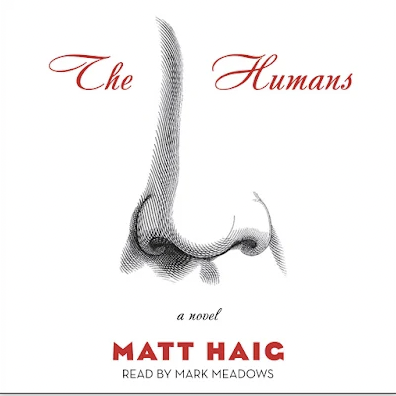
I’ve read three books by Matt Haig in the past year, and this one proved again why I keep reading his work. Even though I usually stay within the non-fiction genre, I enjoy his flirting on the edge of possible.
The story begins with a car accident that takes the spiritual life of Cambridge professor Andrew Martin and fills it with an alien sent from the planet Vonnadoria. The alien wants to eliminate any evidence of Martin solving the Riemann hypothesis (one of the most important unsolved mathematical equations today involving the concept of prime numbers —this is the non-fiction part). The alien then takes on living Martin’s life with just a quick tutorial from Cosmopolitan magazine. Throughout the story, Martin grows from feeling disgusted by humans to integrating himself into the family.
The alien trying to figure out life on planet earth is quite humorous and will make you laugh out loud. But a dark undertone of depression and marriage fidelity lies in the background.
Haig impresses me with how he takes complicated and high-level concepts and makes them relatable. Most people wouldn’t have anything in common with a mathematical genius. After reading Humans, I learned more about prime numbers. I also had time to reflect on what makes the human species unique and special.
Haig struggled with mental health issues, and so he wrote The Human during this time. I always feel books written by authors from authentic feelings usually shine brighter than ones from a static place. This is my favorite book by Haig. You can learn more about Matt Haig on his website: http://www.matthaig.com/.
Jungle: A Harrowing True Story of Survival by Yossi Ghinsberg
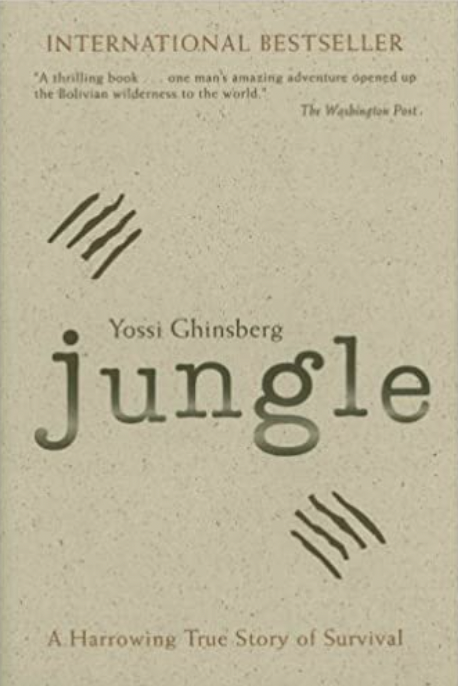
Do you remember being young, adventurous and risky? When a career meant sacrificing happiness for a dull life? If you long for those days, this is your book. You will be so thankful to be reading this at the local coffee shop and not living out the life you are dreaming of.
Jungle tells the true story of Yossi Ghinsberg’s disastrous excursion to the Amazon rainforest in Bolivia. The adventure takes place well before high-tech, moisture-wicking and bug-repellent survival gear were around (the internet to search for criminals might have been helpful too). Not only will you learn about the culture and the times (no gun laws, gun education or animal rights needed then), you will be swept down the river of troubled waters along with Ghinsberg and his three companions he recently met.
Yes, as the title states, this book is harrowing. Thrilling, stupid, scary, unbelievable, sweating and heartbreaking are other words I use to describe it. And even though we know Ghinsberg survives, the ending will tear at your heartstrings.
If you’ve read some of my previous reviews from writers who go off on an adventure without knowing anything about the outdoors and are blissfully unaware of the dangers, you know I throw these books against the wall because of their outdoor-skill ignorance. I may say a few curse words after throwing these books at the wall. But I didn’t do this with Jungle. Instead, something about the young innocence, heart and nerve of Ghinsberg and his reluctance to not jump off the cliff, at first sight, kept me going. As a reader, if you put yourself in Ghinsberg’s shoes, you will get swept away with the story and enjoy the ride.
All the Ugly and Wonderful Things by Bryn Greenwood

I’ve been stewing about writing this book review for a few days. I think the best thing is to keep it straightforward. This book is about statutory rape. According to FindLaw.com, “Statutory rape refers to sexual relations involving someone below the “age of consent.” People who are underage cannot legally consent to having sex, so any form of sexual activity with them violates the law. This is true even in situations where they signal their agreement.”
This story does not include the author simply stating a crime was committed. It was the author choosing to graphically depict the multiple sexual acts throughout the second half of the story. Greenwood goes further and decides to amend everything at the end of the book by absolving the criminal, rescinding the judge’s restraining order and forgiving (more like admonishing) the criminal by the one person, the child’s aunt, who pushed for the initial arrest.
First Amendment protects our right to free speech, but it doesn’t include obscenity and child pornography. According to federal law, this book is not considered child pornography because child pornography constitutes only visual representations. But I argue the author did a fine job of making me visualize the crime. Even though written words are not considered child pornography, in Ashcroft v. Free Speech Coalition, the Supreme Court aimed to produce content, not the content itself. The Court noted, “because child pornography, unlike obscenity, may include material with serious literary, artistic, political, or scientific value, it includes “[a]ny depiction of sexually explicit activity, no matter how it is presented….”
I did not read any book summary before I downloaded it, as I needed a quick Amazon Kindle Unlimited read quickly before jumping on a plane. However, by reading this book, I feel I participated in the sales of this book, and I wish I hadn’t. Hopefully, I can discourage others from participating in the future.
Final Note
Curious about how I can help you improve your manuscript or have a book that needs a review. Please get in touch with me at susan@rivetservice.com or visit my contact page here: https://rivetservice.com/contact-rivet-service/. Let’s chat about what you need.
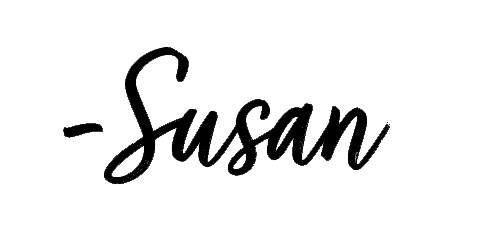
Sources

